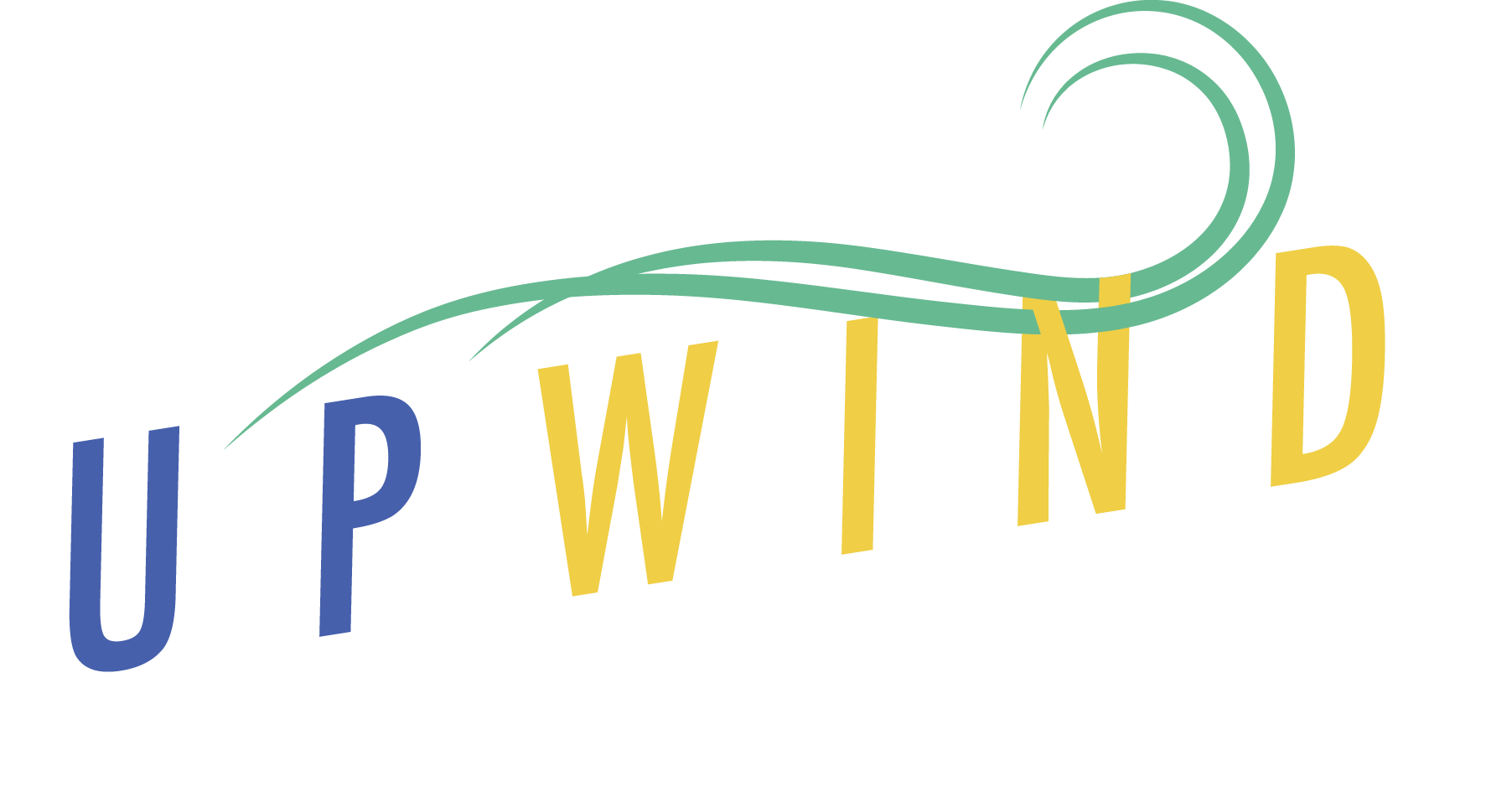June 2, 2017
The Current
In this week's edition:
- Ultimate & Gentrification (1/4)
- Reading Resources
- Announcements
Ultimate & Gentrification (1/4):
Let's Talk About Race
(PC: AGE UP)
Every day, kids get to school in different ways - walking through the neighborhood, bussing halfway across the city, or driving to school in another community. For me, I carpooled to school every morning; I left my affluent, white neighborhood of Mercer Island, crossed through Seattle’s historically-black Central District, and arrived at my private school in another oasis of affluence on the other side. My commute to school felt like a bridge from one privileged part of the city to another, passing over a community so close and so important to Seattle’s history, and yet I feel I hardly knew it or the people who call it home.
Going to frisbee practice meant walking to a nearby beautiful park, and going to games meant loading onto a new, school-owned bus driven by our coaches. We traveled to other nice fields and played other financially supported teams. Looking back on that experience, it feels like an immensely privileged and segregated one. Why didn’t schools in our neighboring Central District have teams to play? Why can’t I recall what schools actually exist in the Central District? Why are there so many white people that play ultimate?
Questions like these have my mind constantly churning these days. Over the past three years as an adult frisbee player, I’ve really woken up to the fact that ultimate is full of paradoxes - we consider our sport to be inclusive, yet our sport is overwhelmly populated by white people, most of whom are able-bodied and many of whom are middle to upper class. We consider our sport to be accessible, though only if you go to a school that has resources to pay for a coach, tournaments, and travel. We consider our sport to be welcoming, yet the party culture of frisbee creates spaces that are disproportionately unsafe for people of color - a black person is nearly four times as likely to get arrested for marijuana possession than a white person. (source)
So this spring, a group of friends and I decided we needed to understand these paradoxes more, and what we - as white affluent people - are responsible to do about it. We recognize the need for white people to look directly at our whiteness and privilege, the impact it has on our frisbee community, and how we can leverage and dismantle privilege to ensure everyone has access to, and power within, this sport we love. So for the past few years, we’ve been working to deepen our knowledge of how racism (no matter how subtle) shows up in ultimate and how we can be accountable to the people of color who play our sport.
(AGE UP)
Power, Privilege, and Plastic
Our group of a dozen white frisbee players hosted an event that looked at segregation and gentrification in Seattle and how that intersects with ultimate frisbee - we called it Power, Privilege, and Plastic. We wanted to create a space for those of us with privilege to reflect on our impact while also supporting a group who is doing transformative work for young people of color in Seattle - the All Girl Everything Ultimate Program.
We brought together frisbee players of all levels, races, and ages in the beautiful and historic Washington Hall, located in Seattle’s historically-black Central District, for an evening of food, learning, and conversation. Together we explored how the Seattle we live in today has been shaped by a deep history of race-based segregation, which has limited communities of color’s ability to build wealth, while expanding white folks opportunities to acquire wealth. We learned how over Seattle’s history, parts of the city have been experiencing huge pressures from gentrification that has disrupted long-standing communities of color. This a very complex issue connected to systems of racism, classism, sexism, and influenced heavily by our economic and social systems. Which, of course, have an impact on who can - and where we - play ultimate.
We want you to be able to learn, listen, and reflect in the same way that we did, so we’ve outlined the night for you below in the upcoming three parts. We encourage you to listen to the speakers, to take a minute and participate in the exercises, and to draw connections with how segregation and gentrification impact ultimate in your community.
Written by Natalie Jamerson with Caitlin Cordell, Clay Dewey-Valentine, Erica Petru, Katy Craley, Lindsey Wilson, Margo Kelly, Molly Sinnott, Noah Baker, and Sam Terry. If you want to share your questions, thoughts, or suggestions, please email us at powerprivilegeandplastic@gmail.com.
Reading Resources
To give more background on our views as an organization, here are our guiding documents:
Events
We are partnering with Seattle Mixtape to host a women's hat tournament and a party at RenFitness!
Enjoyed this article?
Sign up for The Current to receive these articles in your inbox.


